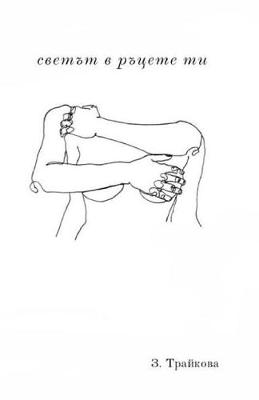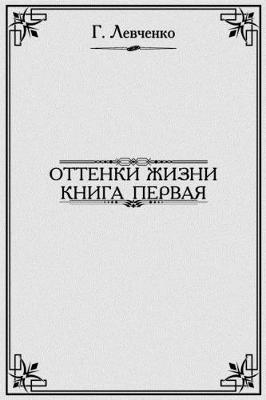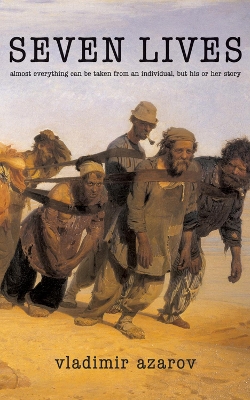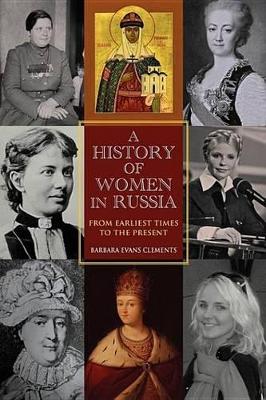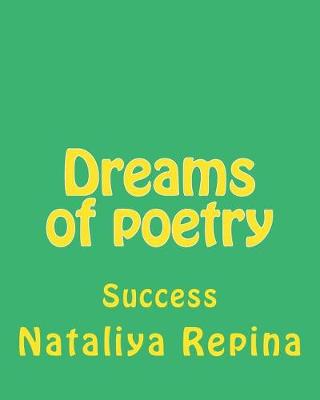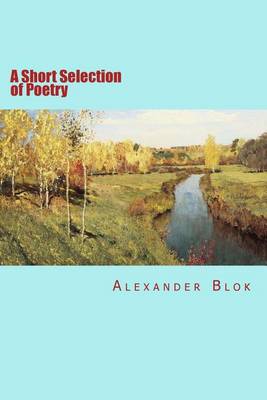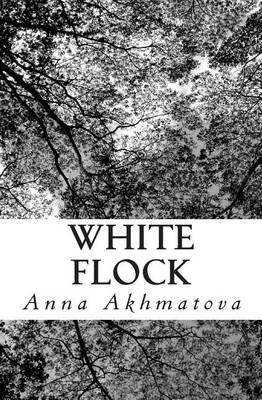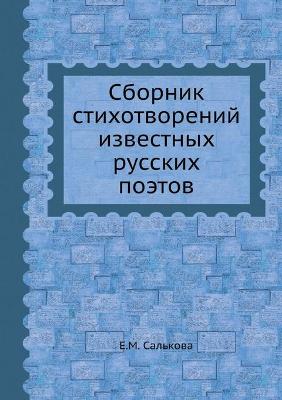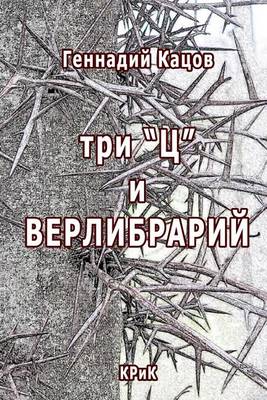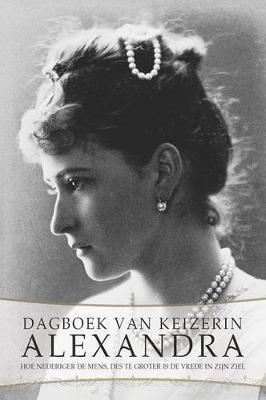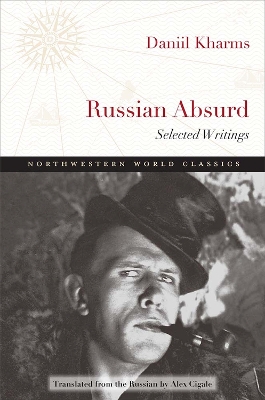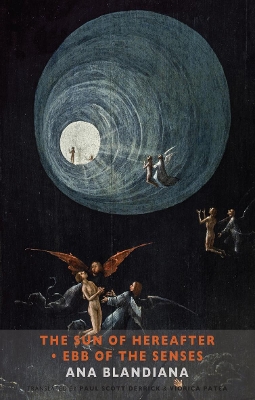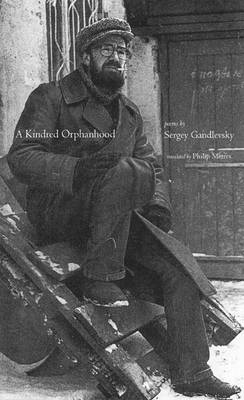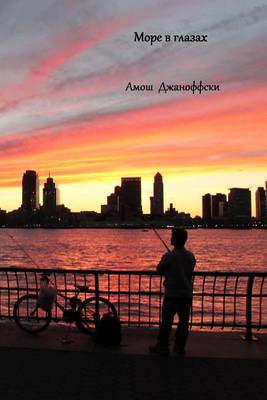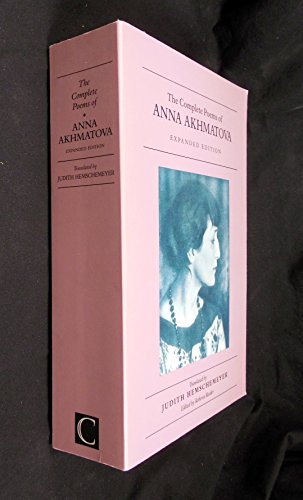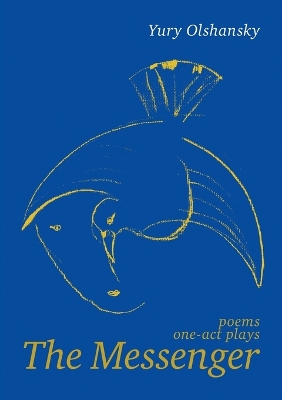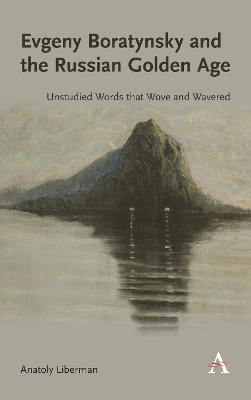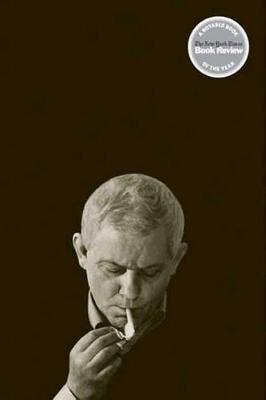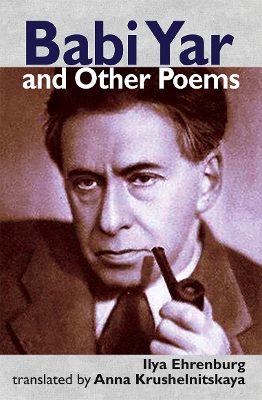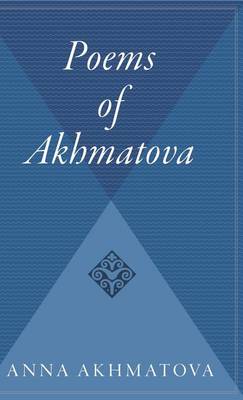The Brothers Karamazov (The Brothers Karamazov, #1) (Dover Thrift Editions)
by Fyodor Dostoyevsky
The Brothers Karamazov, Dostoevsky's crowning achievement, is a tale of patricide and family rivalry that embodies the moral and spiritual dissolution of an entire society (Russia in the 1870s). It created a national furor comparable only to the excitement stirred by the publication, in 1866, of Crime and Punishment. To Dostoevsky, The Brothers Karamazov captured the quintessence of Russian character in all its exaltation, compassion, and profligacy. Significantly, the book was on Tolstoy's beds...
Vladimir Azarov grew up and came to maturity during a time in the Soviet Union when penal camps and the secret police were ubiquitous, but the one great truth that he and the world learned from all the great Russian writers, and that he learned in his own life in political exile, is that almost everything can be taken from an individual but his or her story, his or her undying and unyielding sense of self. No matter what, the self perseveres, even in the most perverse and punishing circumstance...
A History of Women in Russia
by Professor Barbara Evans Clements, Professor
Synthesizing several decades of scholarship by historians East and West, Barbara Evans Clements traces the major developments in the history of women in Russia and their impact on the history of the nation. Sketching lived experiences across the centuries, she demonstrates the key roles that women played in shaping Russia's political, economic, social, and cultural development for over a millennium. The story Clements tells is one of hardship and endurance, but also one of achievement by women w...
A writer who defies categorization, Daniil Kharms has come to be regarded as an essential artist of the modernist avant-garde. His writing, which partakes of performance, narrative, poetry, and visual elements, was largely suppressed during his lifetime, which ended in a psychiatric ward where he starved to death during the siege of Leningrad. His work, which survived mostly in notebooks, can now be seen as one of the pillars of absurdist literature, most explicitly manifested in the 1920s and '...
Ana Blandiana is one of Romania's foremost poets, a leading dissident before the fall of Communism, and now her country's strongest candidate for the Nobel Prize. A prominent opponent of the Ceausescu regime, Blandiana became known for her daring, outspoken poems as well as for her courageous defence of ethical values. Over the years, her works have become the symbol of an ethical consciousness that refuses to be silenced by a totalitarian government. This new translation by Viorica Patea and Pa...
A Kindred Orphanhood (In the Grip of Strange Thoughts)
by Sergey Gandlevsky
Translated by Philip Metres An integral member of the ’70s generation, Gandlevsky was one of the underground Russian poets who began by writing only for themselves and their circles of friends during the Brezhnev era. Despite their relative cultural obscurity—or perhaps, precisely because of their situation as internal émigrés—Gandlevsky and the Seventies Generation forged new directions in Russian poetry, unfettered by the pressures that burdened Russian writers both prior to, and during, the...
The Joyous Science: Selected Poems of Maxim Amelin (Cliff Becker Prize)
by Maxim Amelin
The Joyous Science offers a comprehensive introduction to Maxim Amelin. The poems span Amelin’s long career and cover his many thematic concerns. A loving collector of neologisms and a devoted student of Revolutionary word-smithing (à la Mayakovsky), Amelin keeps his poetry in suspension through a tension of opposites. He writes of bodily pleasures while musing on the body’s resurrection. He is critical of Russia but loves its language. Riddles, odes, and elegies appear alongside a long poem, “T...
From the artistic passion of the St Petersburg poets and bohemians, to the collective suffering of a nation through this turbulent century, Akhmatova spoke to, and for, the soul of her people. Born in 1889, Anna survived upheavals, refusing to abandon either Russia or her craft despite vicious attacks on her name and censorship of her work. When committing poems to paper threatened to cause her arrest, a few close friends faithfully memorized her lines. By the time she died in 1966, Anna was rec...
Evgeny Boratynsky and the Russian Golden Age (Anthem Nineteenth-Century)
by Anatoly Liberman
Evgeny Boratynsky and the Russian Golden Age is the first translation of nearly all the lyrics by Evgeny Boratynsky (1800–1844), one of the greatest poets of the Golden Age of Russian poetry. The translation retains the meter and rhyming of the original. The commentary following each work provides the necessary background information and often includes translations from the works of Boratynsky’s contemporaries and of later poets. Boratynsky is thus presented against the background of contemporar...
